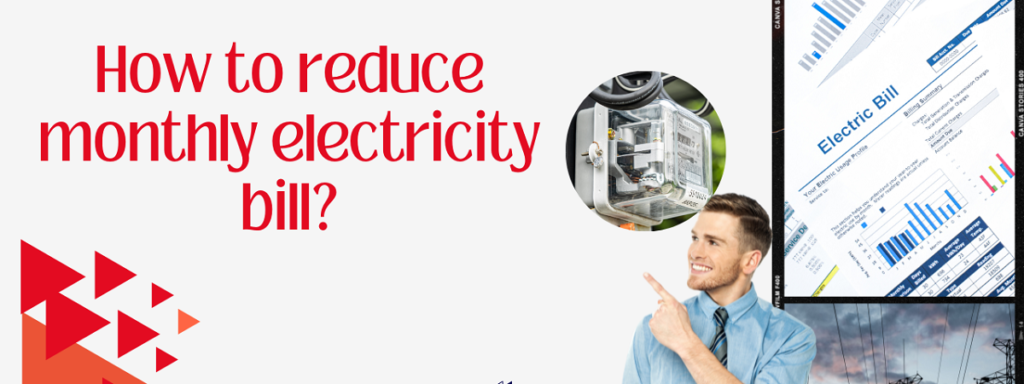
Introduction: Are you tired of those hefty electricity bills that seem to arrive like clockwork each month? Fortunately, there are various strategies you can employ to reduce your electricity consumption and save money. In this blog post, we will explore ten practical and effective ways to lower your electricity bill while also contributing to a greener environment. By implementing these strategies, you can enjoy both financial savings and a reduced carbon footprint.
- Unplug Unused Electronics: Did you know that many electronics consume energy even when they’re turned off? This phenomenon, known as “vampire power” or “standby power,” can significantly contribute to your electricity bill. Make it a habit to unplug electronics such as chargers, televisions, gaming consoles, and computers when they’re not in use. Alternatively, use power strips with on/off switches to easily cut off power to multiple devices at once.
- Energy-Efficient Lighting: Replacing traditional incandescent light bulbs with energy-efficient alternatives like LED bulbs can lead to substantial energy savings. LED bulbs consume less electricity and have a longer lifespan. Additionally, make it a habit to turn off lights in unoccupied rooms to minimize unnecessary energy usage.
- Optimize Heating and Cooling: Heating and cooling systems can account for a significant portion of your electricity bill. To reduce energy consumption in this area, consider the following tips:
- Set your thermostat to a moderate temperature during both winter and summer.
- Use ceiling fans to circulate air and reduce the need for air conditioning.
- Ensure your home is properly insulated to prevent heat or cool air from escaping.
- Efficient Appliance Usage: Household appliances, such as refrigerators, washing machines, and dishwashers, can consume substantial amounts of energy. To use these appliances more efficiently and reduce energy waste:
- Run full loads when using the dishwasher or washing machine.
- Use cold water when possible.
- Clean the lint filter of your dryer regularly to improve its efficiency.
- Keep your refrigerator well-organized and maintain proper temperature settings.
- Energy-Efficient Electronics: Consider replacing outdated electronics with energy-efficient models. Look for the ENERGY STAR label when purchasing new appliances, as these are designed to consume less energy without compromising performance. Additionally, adjust power settings on computers and laptops to optimize energy usage.
- Smart Power Management: Take advantage of smart power management features available in modern electronics. Many devices offer options such as power-saving modes, sleep timers, and automatic shut-offs. Activate these settings to minimize energy consumption during idle periods.
- Natural Lighting: Take advantage of natural light sources whenever possible. Open curtains and blinds during the day to allow sunlight to illuminate your home. This reduces the need for artificial lighting and can create a pleasant ambiance. Additionally, consider painting your walls with light colors to enhance the reflection of natural light.
- Weatherproof Your Home: By properly weatherproofing your home, you can reduce energy waste caused by drafts and leaks. Seal gaps around doors, windows, and electrical outlets to prevent air leaks. Adding weatherstripping and caulking can make a significant difference in maintaining a comfortable indoor temperature while reducing energy consumption.
- Efficient Water Heating: Water heating can contribute a significant portion to your electricity bill. To reduce energy consumption in this area:
- Lower the water heater temperature to a warm setting (around 120°F/49°C).
- Insulate your water heater and hot water pipes to prevent heat loss.
- Take shorter showers and consider installing low-flow showerheads.
- Energy Audits and Smart Home Technology: Consider conducting an energy audit of your home to identify areas of improvement. Some utility companies offer free energy audits, or you can hire a professional. Additionally, consider investing in smart home technology, such as programmable thermostats and smart power strips, which can optimize energy usage and provide real-time insights into your electricity consumption.
Conclusion: By implementing these ten strategies, you can significantly reduce your electricity bill while also playing your part in conserving energy and protecting the environment. Small changes in your daily habits, along with energy-efficient upgrades and technologies, can make a noticeable impact on your monthly expenses and contribute to a more sustainable future. Start applying these tips today and enjoy the benefits of a lower electricity bill without compromising comfort or convenience.

